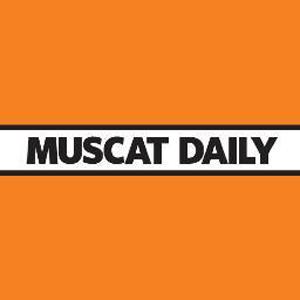
Oman- Impact of IFRS 9 on GCC banks will be manageable, says S&P
IFRS 9 is due to be implemented from January 1, 2018 and will require banks to take more forward-looking approach to provisioning, S & P said in a report titled 'The overall effect of IFRS 9 on rated GCC banks' financial profiles will be manageable'.
S & P expects that GCC banks will show resilience to the change in reporting standard, thanks to their relatively good earning capacity and conservative approach to provisioning.At the moment, the banks are required to set aside specific provisions only when they incur losses, or when the counterparty or financial asset defaults on its obligations. Under IFRS 9, banks will have to set aside provisions in advance, based on their loss expectations.
'Our view that the impact of IFRS 9 will be manageable is due in part to the relatively conservative approach that GCC banks already take to calculating and setting aside loan-loss provisions,' S & P Global Ratings' credit analyst Mohamed Damak said.'Some banks, for example those in Kuwait, take a conservative approach as part of local regulatory requirements to set aside general provisions for all their lending portfolios.'
Under the base-case scenario, S & P said rated GCC banks will have to set aside additional provisions equivalent to 17 per cent of their net operating income on average following the adoption of IFRS 9. Excluding banks with no provision shortfall, the same measure rises to 27 per cent under the base-case scenario. However, these results mask significant differences between banks, S & P said.According to S & P, the least affected rated banks would be in Kuwait. This is because the regulator already requires banks in Kuwait to set aside a general provision on their performing facilities equivalent to one per cent of cash facilities and 0.5 per cent of non-cash facilities.
The ratings agency said the most affected banks would be in Qatar, primarily due to the specific cases of a couple of Qatari banks that have either seen a significant deterioration in their asset quality indicators, or an increase in past due but not impaired loans, over the past couple of years.

Legal Disclaimer:
MENAFN provides the
information “as is” without warranty of any kind. We do not accept
any responsibility or liability for the accuracy, content, images,
videos, licenses, completeness, legality, or reliability of the information
contained in this article. If you have any complaints or copyright
issues related to this article, kindly contact the provider above.


















Comments
No comment